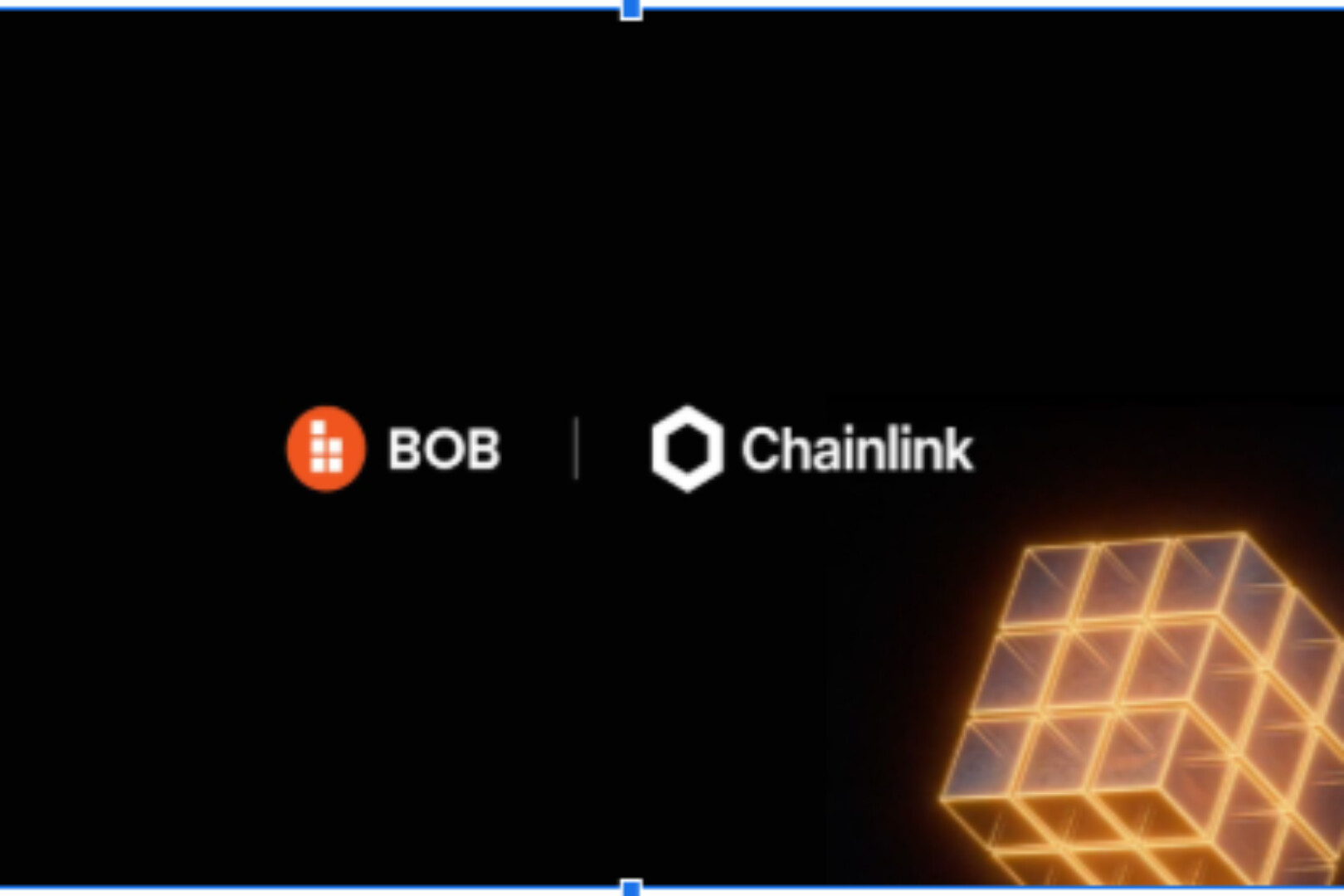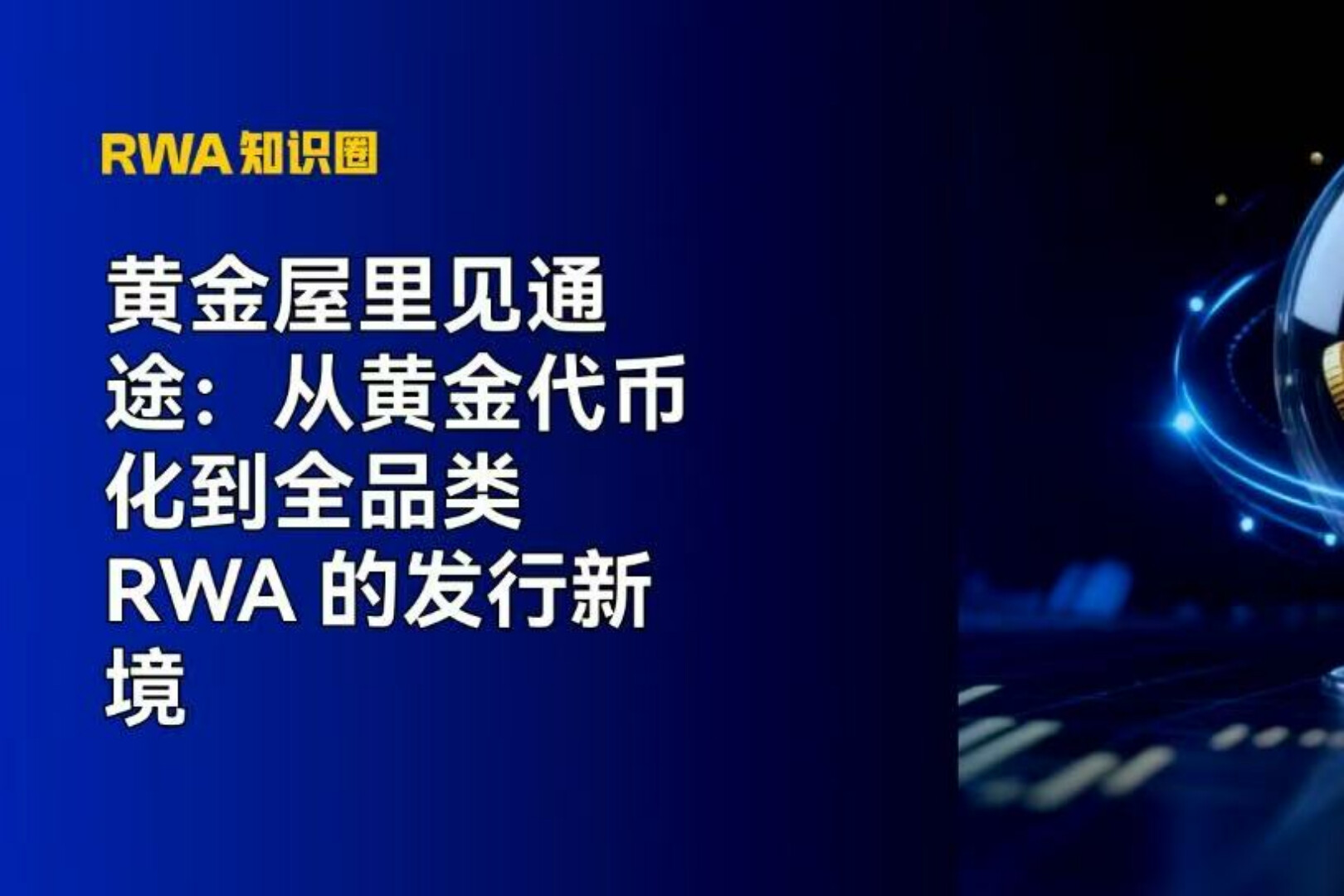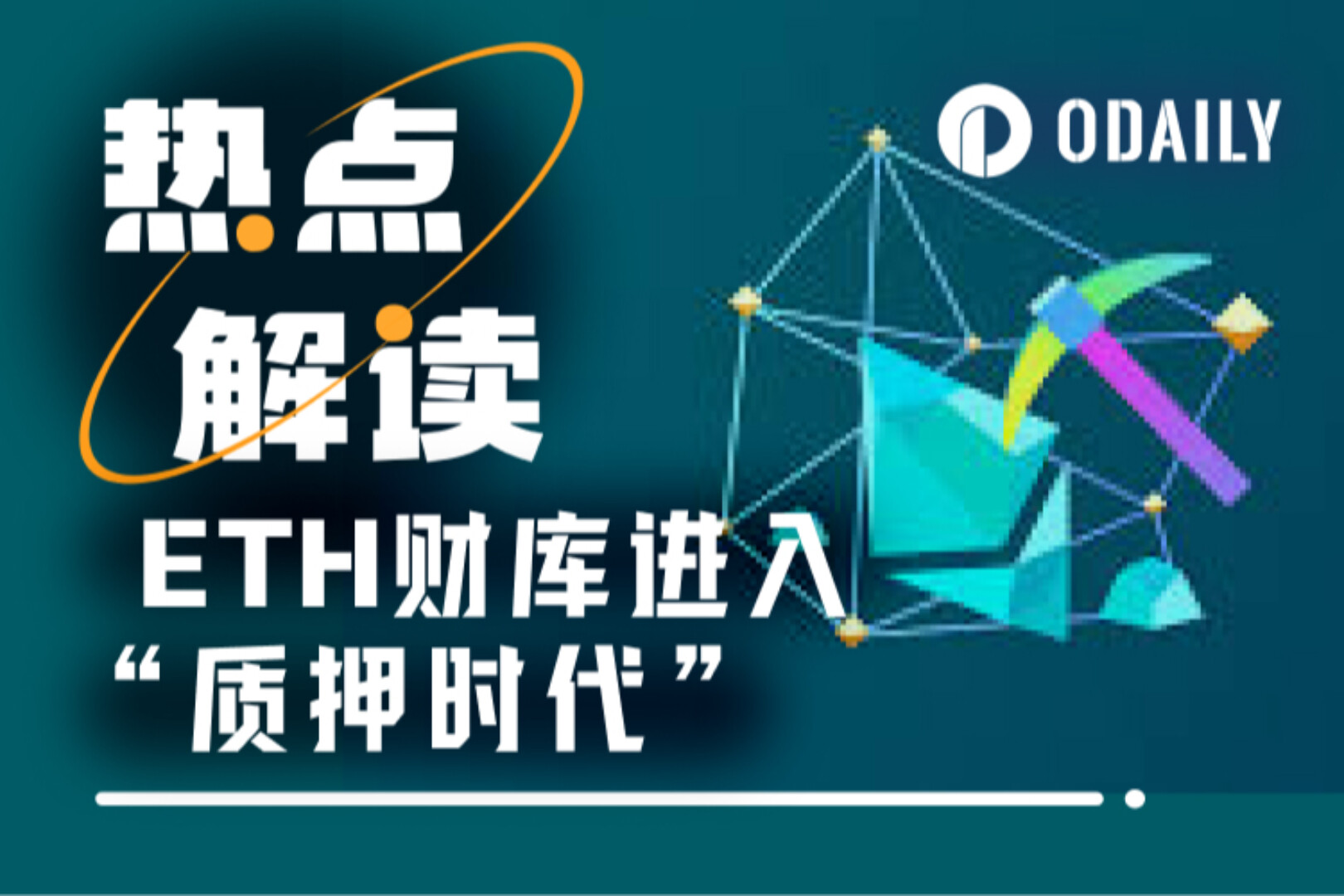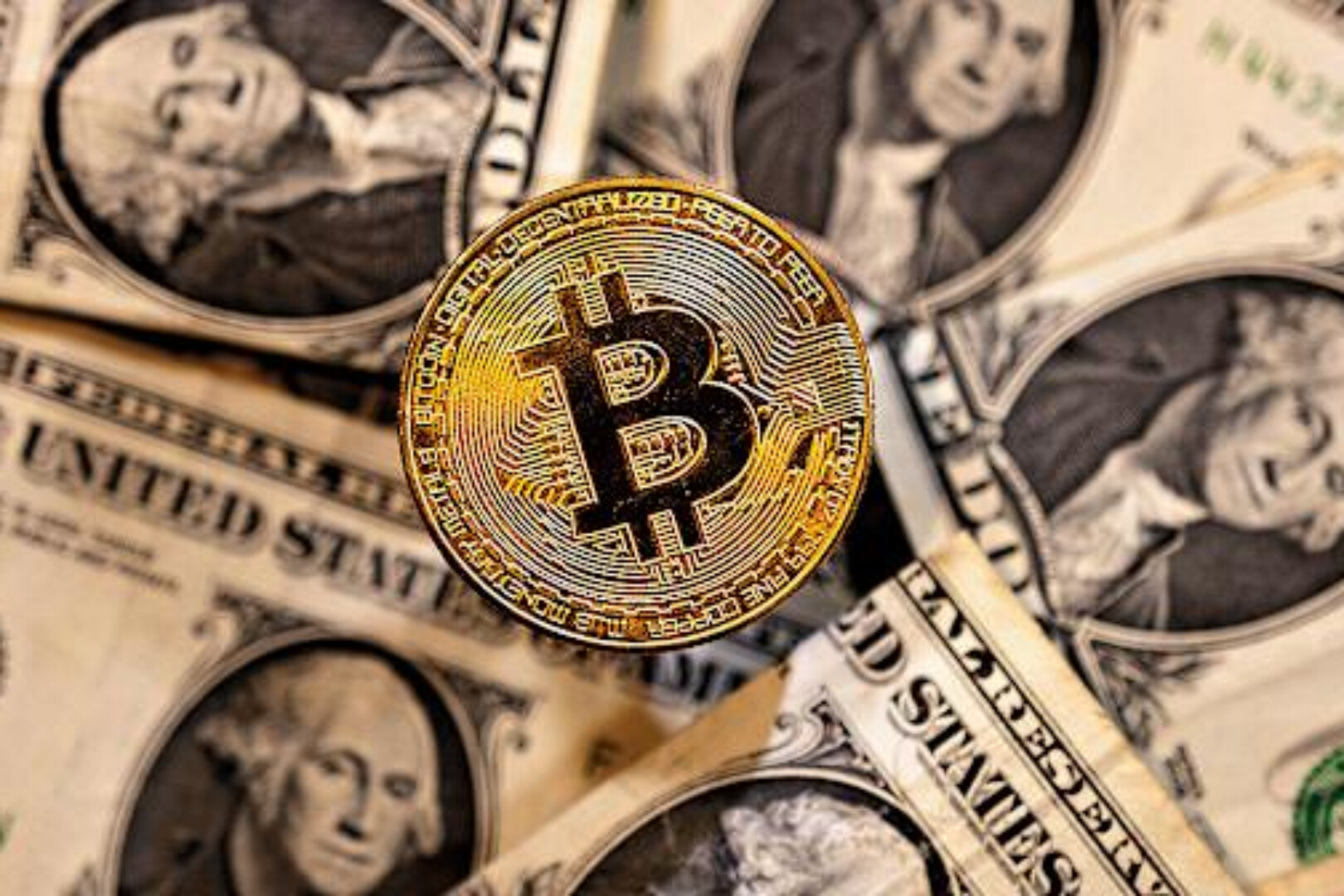Regulation has gradually turned its attention to the world of DeFi. Participants who have experienced explosive growth and tasted dividends in the past year may consider regulatory factors in their subsequent investments.
Some top DeFi projects also responded in a shorter time and more adaptable way: the decentralized world is not a free place in a gray area, it will gradually embark on a road of restriction with the pace of CeFi .
secondary title
Restrict front-end access:
In order to adapt to the new regulatory environment, Uniswap restricted access to 129 tokens on the front end of the app.uniswap.org website on July 24, and the original contract of Uniswap has not been modified.
secondary title
KYC authentication required:
In order to adapt to the regulatory environment and open the door to DeFi for institutions, AAVE will soon launch AAVE ARC, a DeFi platform for institutions, providing a private pool of funds.
No longer permissionless, both borrowers and lenders using AAVE ARC need KYC to use the lending agreement. Private pools may also end up with different returns than public pools due to limited participation.
secondary title
Users are required to comply with the regulations:
secondary title
The founder declares:
secondary title
DeFi is about to "de-Americanize"?
More and more leading DeFi projects are declaring in advance and proactively responding to the gradual tightening of policies, and the regulatory rules are also beginning to put pressure on steps such as "taxation, KYC, anti-money laundering" to measure whether illegal finance is involved activities or threaten monetary sovereignty. In the western hemisphere, the wind of control from the United States has become stronger, and some people even joked that DeFi will be completely "de-Americanized" this time.
On August 7, the U.S. Securities and Exchange Commission (SEC), the highest body in the U.S. securities industry, accused two Florida men of using smart contracts and "so-called DeFi" technology to sell more than $30 million in securities without registration. The securities here refer to tokens, which have voting and income rights after purchase, and the focus of the accusation is "unregistered".
On August 19, SEC Chairman Gary Gensler pointed out that “regulators may first intervene in some P2P trading and lending projects, no matter how 'decentralized’ they say they are.” He also made more radical remarks on the Aspen Security Forum before : “As far as (cryptocurrency) usage is concerned, it is often done to circumvent anti-money laundering, sanctions and taxation laws.”
image description
SEC Chairman Gary Gensler
The field of view has expanded, and the infrastructure bill recently voted by the US Senate has made even bigger waves. The bill appears to have little to do with cryptocurrencies, but there are two amendments aimed at addressing cryptocurrency transaction reporting and taxation that directly affect DeFi participants.
The bill hopes to increase taxes on "Broker brokers", but the definition of "broker" here is very vague, implying that participants in cryptocurrencies (miners, LPs, developers, etc.) need to report to the US IRS Internal Revenue Service every transaction. This is obviously impossible at the moment, especially for DeFi participants. Although the transaction itself can be traced, they do not know who is behind the transaction.
Coinbase CEO Brian Armstrong responded with dozens of tweets, calling on everyone to oppose the bill, arguing that DeFi participants should not be included in the scope of "Broker brokers" and should not be obliged to actively declare taxes. Smart contracts are just programs that automatically run on the blockchain, not companies. Of course, this is not conducive to democratizing finance.
He also retweeted Musk's remarks: "There is no need for a bill to determine the winners and losers of cryptocurrency technology."
Questions like "what kind of roles are DeFi participants classified into?" or "whether the old regulatory methods are suitable for innovative technologies" are constantly being raised. Most DeFi supporters believe that regulation should be the purpose of the new technology, not the technology itself. In early August, Galaxy Digital CEO Mike Novogratz criticized U.S. politicians and regulators for not doing their homework on cryptocurrencies before enacting laws and regulations.
However, financial security and prevention of illegal financial risks are always the gaps in front of innovation. The International Anti-Money Laundering Financial Action Task Force FATF updated the definition of DeFi in the working draft in March 2021:
Judging whether an organization is a virtual asset service provider (VASP) needs to be considered from the entire life cycle of its products. If an organization provides virtual asset services, even if the service can be operated independently from the organization in the future, the organization is still a virtual asset. Asset service providers need to be regulated.
Similar to the previous SEC Chairman Gary Gensler's remarks, the "virtual asset service" here can be understood as a smart contract on the chain. According to the content of the draft, even if the smart contract can be separated from the organization, the engineers behind it are all anonymous and need to be supervised. Protect the financial system against money laundering. A more extreme case is that any user who uses the DeFi protocol to conduct transactions requires KYC identity verification.
Contrary to the United States, Singapore has become a country that bravely embraces change. On August 5, the Monetary Authority of Singapore (MAS) stated that it has received 170 applications for payment cryptocurrency licenses, and issued a notice to 89 companies that applied. If they meet MAS's requirements for licensed operations, they will receive Officially granted license.
This initiative also gives Singapore the opportunity to become the number one place in Asia to cultivate cryptocurrencies. Since 2017, Singaporean authorities have expressed an optimistic attitude towards distributed ledger technology, believing that blockchain technology can actually improve the settlement efficiency of cross-border financial transactions.
The recent trend from CeFi indicates that more regulatory requirements will gradually infiltrate DeFi, from institutions to ordinary individuals, mandatory KYC may become the first step.
For this encryption technology that has not been controlled by a single force since its inception, how to better cooperate with regulators to implement existing regulations on the DeFi platform without affecting the confidence of participants is a straddle in front of its development One of the biggest problems.





